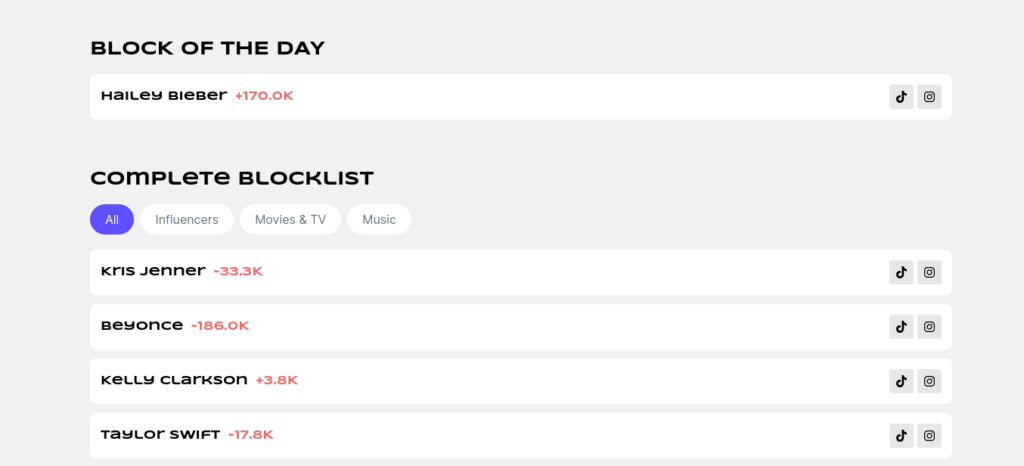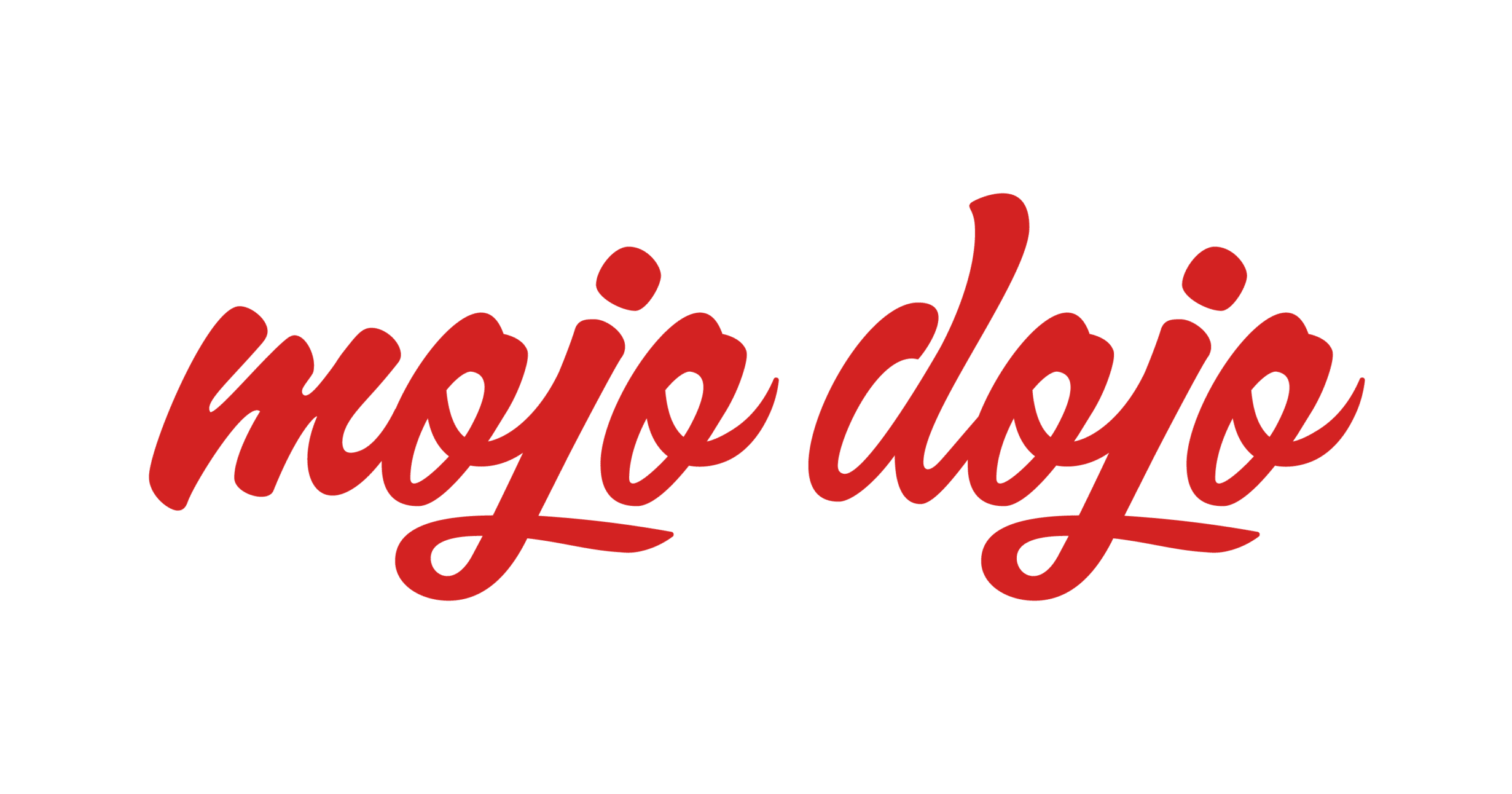The Met Gala or the Hunger Games? I’ll let you decide.
As the commoners of the world are being plagued with catastrophic global developments, the bourgeoisie are parading up and down the steps of the Metropolitan Museum of Art (MET) in the most ostentatious manner.
As celebrities strutted the red carpet, news of the latest developments in Gaza reached the ears of the public.
It was revealed that the 2024 Met Gala had taken place around the same time thousands of Palestinians were being forced out of their homes in Rafah as Israeli troops seized control of the region’s border crossing with Egypt.
As glowing embers fanned into full on flames, a stark contrast was drawn between the opulence of the Met Gala and the Palestinian conflict. A collective effort on TikTok and a range of other social media platforms have started pushing celebrities to take a stance on the conflict.
Hashtags such as #blockout2024, #celebrityblocklist, and #letthemeatcake are trending widely across most social media platforms.
In a now deleted video, TikTok creator ‘silentcelebs8’ had gone to lengths to create a Google Doc of every celebrity that had attended the Met Gala, and whether or not they’ve used their platform to speak up about the situation in Gaza.
The Blockout List 2024 now features not only celebrities but also businesses associated with allegedly supporting the genocide.

Celebrities such as Taylor Swift, Angelina Jolie, and Kim Kardashian amongst many others have lost hundreds and thousands of followers for staying silent over this devastating conflict.
Though on the slow burn for months, the prominence of the Met Gala, an event showcasing unchecked displays of privilege and wealth sparked outrage. As tweeted by Marcus Collins, an assistant professor of marketing at the University of Michigan, ‘The Met Gala was a bit of a hyperbolic moment that got a lot of people’s attention’.
With the rise of cancel culture, celebrity boycotts have been a thing for decades now but were never really at the top of the average internet user’s social zeitgeist. However, an event as exclusive as the Met Gala happening the same day as one of the most violent attacks in Gaza inevitably prompted people to start talking and taking action.
Met Gala 2024 Theme – ‘The Garden of Time’
Let’s start by addressing the irony of this year’s theme. Based on a short story by J.G. Ballard, ‘The Garden of Time’ tells the story of a wealthy family starving off the masses by manipulating time with magical flowers, to then inevitably face impending doom when the last flower is plucked.
Novelist and TikTok creator ‘jinwoopark0721’ interpreted this as ‘the aristocracy destroying everything after hoarding it so that the common people don’t get to have any of it’.
As university students globally partake in encampments on university grounds to not only show solidarity with Gaza but to also raise awareness on the elitist, neoliberal institutions that thrive on the exploitation of students and workers to support unethical industries (i.e. hosting research institutes for Boeing – an American aerospace company that is known to manufacture bombs and planes for the utilization of the Israeli armed forces), the filthy rich spend their days safely tucked away from the harsh realities of the general public.

So why does this matter for marketers in 2024? Let’s break it down.
What is Blockout 2024?
To simply put, #BlockOut2024 is an online movement encouraging collective action amongst social media users to block celebrities, influencers, and brands that have failed to use their platform and/or have remained completely silent on the ongoing conflict in Gaza.
On the night of the 2024 Met Gala, the hashtag picked up mentions as the general public grew increasingly astounded by the exorbitant displays of wealth amidst the suffering in Gaza.
Hence, a number of TikTok creators took it upon themselves to create content that put pressure on celebrities to use their platforms to advocate for a ceasefire.
#LetThemEatCake
In tandem with #BlockOut2024, another hashtag, #LetThemEatCake saw an unexpected rise. In a since deleted video, influencer Haley Baylee who was hired to interview those headed to the Met Gala posted a tone deaf video of herself saying ‘let them eat cake!’.
For those of you may not know, the phrase ‘let them eat cake’ was allegedly a remark by then ill-fated Queen of France, Marie Antoinnette who was known for her lavish disposition and excessive spending. This eventually led to the suffering of her people and the French Revolution.
The TikTok audio utilized by Baylee has been used on by millions of other users in the past but it was her video that went viral and sparked conversations around the persistent silence of influencers and celebrities.
Envision this: a wealthy woman flaunting a frivolous gown whilst quoting a controversial Queen amidst a crowd of protesters protesting the death of civilians in Gaza.
It’s just like the Hunger Games. Residents of the Capitol flaunted their wealth and threw lavish parties whilst citizens of the districts suffered extreme poverty.
Baylee’s faux-pas accompanied by the overarching flaunting of wealth at the Met Gala led to the rise of the digitine.
Digitine
Coined by TikTok user ‘ladyfromtheoutside’, a digitine (short for digital guillotine) is a term used to promote mass digital boycotts following the 2024 Met Gala. The boycotts are devised to pressure celebrities into using their platforms for social issues.
The idea behind this is that by blocking famous celebrities on platforms such as Instagram, X, and TikTok, it will eventually lead to a reduction in the earnings celebrities make through ads on these sites.
Since then, it has garnered some success with celebrities such as Lizzo coming forward with her geo-political stance on the issue, pushing for the liberation of those suffering from an ongoing genocide, predominantly the people of Congo, Palestine, and Sudan.
Now if you’re a marketer, you certainly don’t want to experience a digitine. Here’s why…
How does this impact marketing efforts?
In the past, the Met Gala has provided significant marketing benefits for brands in several ways. These include:
Massive media exposure
As one of the most high-profile fashion events in the world, the Met Gala attracts media coverage from a range of platforms including television networks, print/digital magazines, and online platforms.
Brands that dress celebrities or sponsor the event receive major exposure as their creations are shown across various media channels.
Storytelling and brand narrative
The annually anticipated Met Gala gives brands the opportunity to inform their personalization. Brands have the ability to align their designs with the broader cultural and artistic narratives dominating the globe at present.
By partaking in such an exclusive event, brands have been able to demonstrate their creativity and commitment to cultural conversations.
Influencer collaborations
The unique outfits seen on A-list celebrities at the Met Gala area result from the influencer partnerships that start taking place as early as a year before the actual event. Since the Met Gala has a limited and exclusive guest list, the collaborations are widely highlighted in media coverage of the event.
A significant amount of social media buzz is generated as celebrities, influencers, and other attendees share photos on social media platforms often tagging the brands they’re wearing.
Such organic social media content creates buzz, consequently driving engagement for the brands. Just take a look at this graph:

Have the digital blockouts been effective?
Now, in lieu of current events, celebrities and brands have been accused of turning on their cheek. Critics have argued that fashion and art are inherently political, so why was a single statement on biggest ongoing conflict of 2024 not made this year?
In 2021, congresswoman Carolyn B. Maloney paid tribute to the women’s suffrage movement with an outfit that very vividly advocated for the sex-based Equal Rights Amendment to be considered as a constitutional amendment.
In the same year, we also had elected official Alexandria Ocasio-Cortez wear a white gown with the message ‘tax the rich’ painted in red to the Met Gala.

So where is that now? At the height of political violence and turmoil, why did no A-lister arrive in a couture gown in the colors of the Palestinian flag? Clearly, the dystopian fear of speaking out over something so blatantly horrendous has fueled the anger of internet users.
Instagram feeds are now a ricochet between pictures of the Met Gala and Gaza and people are no longer disillusioned by the distinctness of the Met from everything else going on in the world.
If anything, these two events are getting increasingly interconnected and influencers and brands are the first to face the firing squad.
The impact on social media ads
Blocking the accounts of brands, celebrities, and influencers means that users limit their ability to view any of the content they produce on social media. This means that no posts, photos, videos, and collaborations are visible.
The reduction in the number of people interacting with such content then means that brands and influencers aren’t receiving the same amount of money they used to. To simply put, the blocks not only impact engagement but also paychecks.
If your brand’s identity is intricately intertwined with promoting something that is key to the current boycotts, then this could have seriously negative consequences towards your engagement and profitability.
If you notice an increase in your ad expenditure but a decrease in convertibility rates, this could only mean one thing, you’ve been guillotined…digitally.
So, can brands still ride the Met Gala’s wave to success?
Yes and no.
The Met Gala may be a night of dedication to fashion and fantasy but in this day and age there is more than just style trends that influence our social media algorithms.
Users are becoming increasingly politically aware and ‘woke’ encouraging them to take a stance on issues that concern the political and cultural landscape of the world we live in.
Social media now functions as an echo chamber which intricately affects the algorithms of every user. Here’s how:
Content personalization
Content is increasingly personalized based on previous interactions, preferences, and behaviors. Users are shown content similar to what they have previously engaged with, reinforcing their existing beliefs and preferences.
Homophily
This refers to the tendency of users to associate and bond with others most similar to themselves. This then leads to the creation of a network of like-minded individuals, where the information shared and discussed reinforces specific viewpoints.
Increased polarization
As users continue with the interactions within their echo chambers, the views may become more extreme and less open to compromise, thus contributing to an increasingly polarized social landscape.
What’s worse is that for marketers, the surge in users scrambling to block celebrity pages is confusing the algorithms that influence our ads. When you visit a page, even if it is just to block it, it signifies interest even if there is none.
This disruption in ad targeting is confusing for both marketers and users alike. Not only are ads targeting the wrong consumer base, it also impacts the marketers initiatives to promote a product or a brand.
For instance, you could block Kim Kardashian, but streaming services such as Disney and Hulu could still run an ad targeting ‘The Kardashians’ at you.
Guess the technology we have now just isn’t sophisticated enough.
Hence, to ride the viral wave to success, whether through large, exclusive events like the Met Gala or through viral social media trends and influencer collaborations, brands must become increasingly aware of the political landscape.
It’s no longer acceptable to remain silent on the catastrophes that plague the world today. The 2024 blockout of the Met Gala is just the latest example on how you and those you work with, whether it be a brand or individual can suffer significant losses.
If you choose to remain politically neutral, it might be best to reassess your content and targeting strategy. Unlike the Met Gala, in the world of marketing, all that glitters is not gold.
